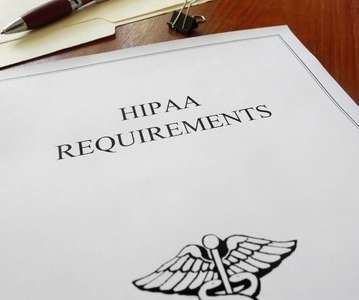Understanding Transitional Care Management in Reducing Readmissions
Guideway Care
DECEMBER 23, 2024
Key Takeaways Transitional Care Management (TCM) improves care coordination and significantly reduces hospital readmissions through a structured approach that encompasses patient follow-up and communication. Initiatives such as Project RED and BOOST augment care transitions by conducting follow-up calls with patients.












Let's personalize your content